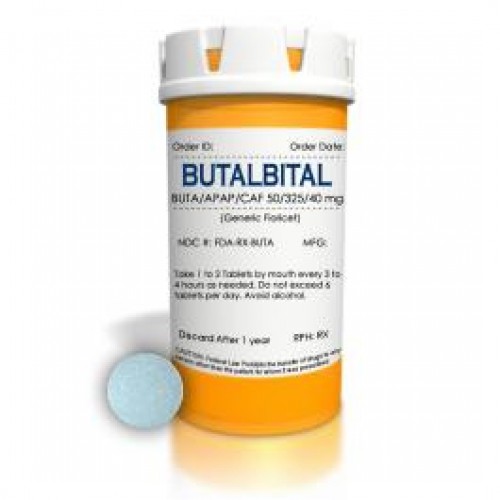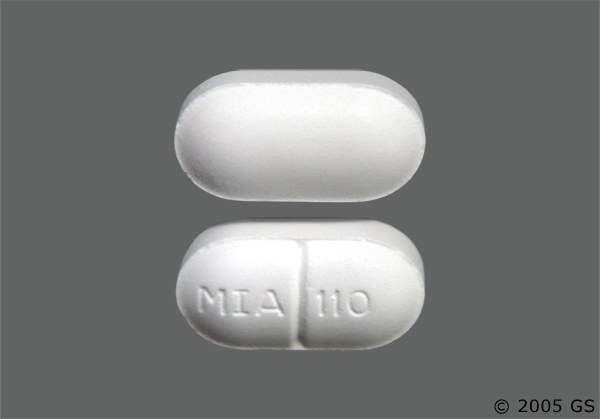Like all medicines, Fioricet can have side effects.
US Brand Name
- Anolor 300
- Dolgic LQ
- Esgic
- Esgic-Plus
- Ezol
- Fioricet
- Geone
- Margesic
- Medigesic
- Nonbac
- Pacaps
- Repan
Common Side Effects of Fioricet
Among the most commonly reported:
Drowsiness
Lightheadedness, dizziness
Feeling short of breath
Nausea, vomiting, stomach pain
Feeling of intoxication
Severe Side Effects of Fioricet
If you have any of the following symptoms, contact your doctor right away or go to the closest emergency room:
- Skin rash
- Itching
- Breathing problems
Rare Side Effects of Fioricet
Other side effects of Fioricet are infrequent. Among these are:
- Dry mouth, swallowing problems
- Gas, constipation, heartburn
- Leg pain or fatigued muscles
- Fever
SIDE EFFECTS
Frequently Observed
The most frequently reported adverse reactions are drowsiness, lightheadedness, dizziness, sedation, shortness of breath, nausea, vomiting, abdominal pain, and intoxicated feeling.
Infrequently Observed
All adverse events tabulated below are classified as infrequent.
 Central Nervous System: headache, shaky feeling, tingling, agitation, fainting, fatigue, heavy eyelids, high energy, hot spells, numbness, sluggishness, seizure. Mental confusion, excitement or depression can also occur due to intolerance, particularly in elderly or debilitated patients, or due to overdosage of butalbital.
Central Nervous System: headache, shaky feeling, tingling, agitation, fainting, fatigue, heavy eyelids, high energy, hot spells, numbness, sluggishness, seizure. Mental confusion, excitement or depression can also occur due to intolerance, particularly in elderly or debilitated patients, or due to overdosage of butalbital.
Autonomic Nervous System: dry mouth, hyperhidrosis.
Gastrointestinal: difficulty swallowing, heartburn, flatulence, constipation.
Cardiovascular: tachycardia.
Musculoskeletal: leg pain, muscle fatigue.
Genitourinary: diuresis.
Miscellaneous: pruritus, fever, earache, nasal congestion, tinnitus, euphoria, allergic reactions.
Several cases of dermatological reactions, including toxic epidermal necrolysis and erythema multiforme, have been reported.
The following adverse drug events may be borne in mind as potential effects of the components of this product. Potential effects of high dos age are listed in the OVERDOSAGE section.
Acetaminophen: allergic reactions, rash, thrombocytopenia, agranulocytosis.
Caffeine: cardiac stimulation, irritability, tremor, dependence, nephrotoxicity, hyperglycemia.
Drug Abuse And Dependence
Abuse And Dependee
Butalbital
Barbiturates may be habit-forming: Tolerance, psychological dependence, and physical dependence may occur especially following prolonged use of high doses of barbiturates. The average daily dose for the barbiturate addict is usually about 1500 mg. As tolerance to barbiturates develops, the amount needed to maintain the same level of intoxication increases; tolerance to a fatal dosage, however, does not increase more than two-fold. As this occurs, the margin between an intoxication dosage and fatal dosage becomes smaller. The lethal dose of a barbiturate is far less if alcohol is also ingested. Major withdrawal symptoms (convulsions anddelirium) may occur within 16 hours and last up to 5 days after abrupt cessation of these drugs. Intensity of withdrawal symptoms gradually declines over a period of approximately 15 days. Treatment of barbiturate dependence consists of cautious and gradual withdrawal of the drug. Barbiturate-dependent patients can be withdrawn by using a number of different withdrawal regimens.
Dosing
The dose of this medicine will be different for different patients. Follow your doctor’s orders or the directions on the label. The following information includes only the average doses of this medicine. If your dose is different, do not change it unless your doctor tells you to do so.
The amount of medicine that you take depends on the strength of the medicine. Also, the number of doses you take each day, the time allowed between doses, and the length of time you take the medicine depend on the medical problem for which you are using the medicine.
- For oral dosage forms (capsules or tablets):
- For tension headaches:
- Adults and children 12 years of age and older—One or two capsules or tablets every 4 hours as needed. However, the dose is usually not more than 6 capsules or tablets per day. Do not exceed 4 grams (4000 milligrams) of acetaminophen (Tylenol®) per day.
- Children younger than 12 years of age—Use and dose must be determined by your doctor.
- For tension headaches:
Missed Dose
If you miss a dose of this medicine, take it as soon as possible. However, if it is almost time for your next dose, skip the missed dose and go back to your regular dosing schedule. Do not double doses.
